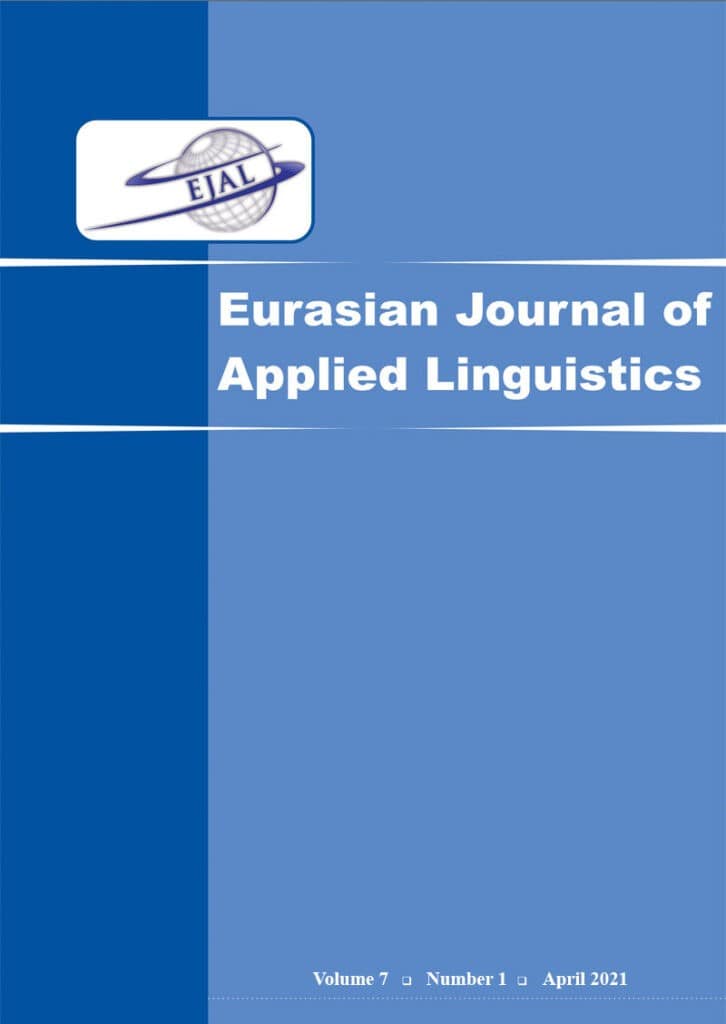Ahmet Başal
Yildiz Technical University Faculty of Education Department of Foreign Languages Education
Yildiz Technical University Faculty of Education Department of Foreign Languages Education
Muhammet Toraman
Kıymet Merve Celen
Kıymet Merve Celen
Keywords:collocation, English language teaching, online system, vocabulary teaching
Abstract
Learning collocations poses difficulties for foreign language learners despite their importance for fluency in the target language. Collocation learning and teaching should therefore be an integral part of foreign language instruction. With a focus on the receptive knowledge of collocations, this 5-week-long pretest/posttest quasi-experimental study aims to investigate the effectiveness of the use of an ONline COLLocation learning platform (ONCOLL) designed specifically for the explicit teaching of English adjective-noun collocations over traditional activities. Sixty-two first-year students from an English Language Teaching Department at a university were the participants of the study. Each week, the participants were provided with 10 sample sentences including the target adjective-noun collocations which were followed by two sets of exercises. While the control group (n=29) completed all the procedures with paper-and-pen materials and under the guidance of their teacher, the participants in the experimental group (n=33) used ONCOLL on individual computers and without the teacher’s involvement. For data collection, an achievement test including 50 items was used as the pre- and post-test to determine whether differences between the two groups were statistically significant. Based on the results, the experimental group participants scored significantly higher than the participants of the control group, indicating the effectiveness of ONCOLL in learning collocations in a foreign language. This discrepancy could be attributed to some of ONCOLL’s features such as 1) providing room for individualized learning, 2) requiring the analysis of all example sentences by the learners, and 3) requiring the learners to take the tests in the system repeatedly until they get a full score without any feedback.

